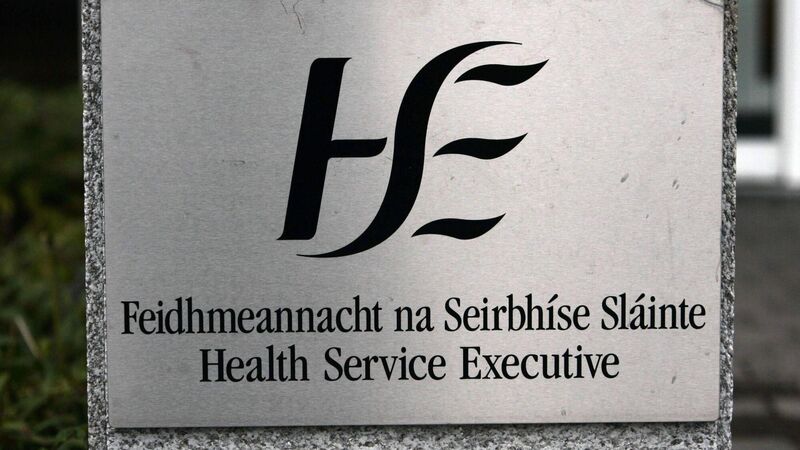HSE paid out over €2bn in medical negligence claims in five years

Estimated outstanding liability for the claims rose from €2.8bn in 2018 to €4.6bn in 2022. File picture
The HSE paid out over €2bn in claims arising from medical negligence cases over a five-year period.
The estimated outstanding liability for such claims rose from €2.8bn in 2018 to €4.6bn in 2022.










